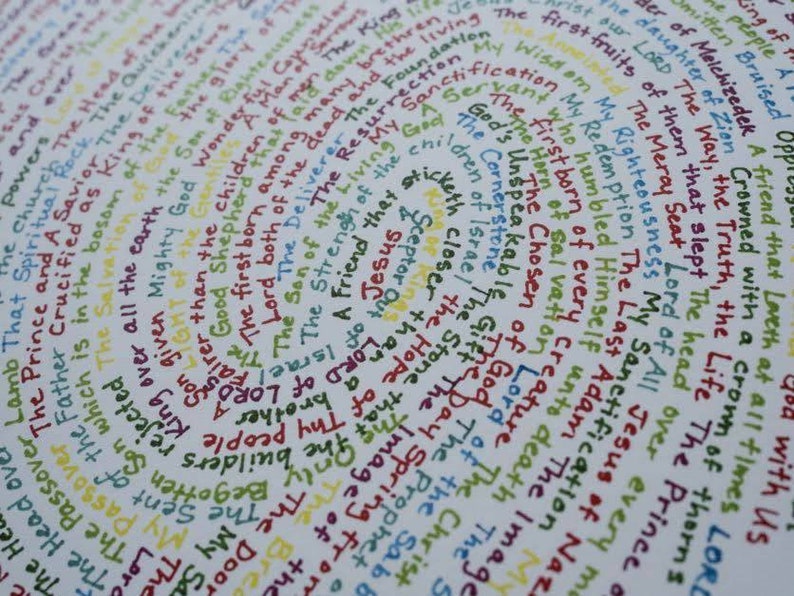
Just as the canal area of Amsterdam has expanded since the Middle Ages, and has been formed by history, so too has Dutch literature. He did so in his masterful cycle of novels De tandeloze tijd (‘The Toothless Time’, 1983-1996). van der Heijden called ‘God’s own fingerprint’. Most publishers and newspapers are based in the Amsterdam canal area, the historic centre of Amsterdam which, due to its labyrinth-like structure, A.F.Th. Meulenhoff and Querido, there are plenty of small publishers - often run by a single editor - which offer ‘their’ writers the small-scaledness and personal attention they desire. Apart from large publishing houses with long literary traditions like De Bezige Bij, J.M. The vitality of Dutch literature is also evident from the large number of publishers. Many newspapers have also given writers space as columnists, as has been the case for years with Battus (one of the pseudonyms of Hugo Brandt Corstius), Remco Campert and Martin Bril. In some sense, these newspapers have become part of literature themselves by publishing criticism from writers - Komrij’s scorching critiques in Vrij Nederland in the early seventies set the staid world of criticism alight. Each self-respecting newspaper or magazine has a weekly book section with interviews with writers and critical reviews. There are tens of literary magazines in which new writers present their work and attack or defend each other. It is not surprising, therefore, that Dutch literary life is very active. Of course, the quantity of these ‘writers’ doesn’t say anything about the quality they produce, but it does say something about the wide-spread love of literature and the intensity of the experience. Research done a few years ago shows that at least one million out of the sixteen million inhabitants of The Netherlands likes to write.

For a small country, The Netherlands has an extensive network of bookshops and a remarkably large number of both readers and writers. Although Dutch culture is known for its capacity to whip itself and although there is a rich tradition of writers who tend to condemn their home country, it is slowly dawning on people that Dutch literature, even when compared to the literatures of close-by Germany, France and Britain, really has a lot to offer.ĭuring the closing days of the previous century, Dutch literature bloomed. And being unknown, as the Dutch saying goes, makes you unloved. Probably something like German then? No, no, not Deutch, Dutch - an individual expression of an individual emotion.’ The Netherlands, no more than a stamp on the world map, still suffer from the obscurity that affects most small countries.

Their own language? Yes, their own, independent, private language.


 0 kommentar(er)
0 kommentar(er)
